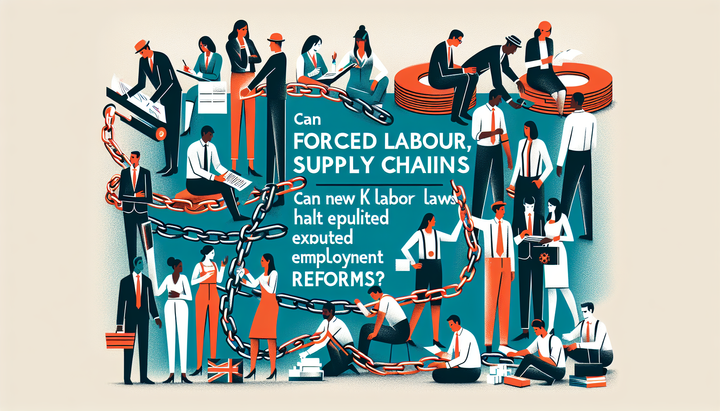Rising UK Wage Growth Halts Interest Rate Cuts Amidst Increasing Insolvencies

An Overview of the Current UK Economic Climate
In recent developments, the UK has experienced a notable acceleration in wage growth, reaching 5.2% annually. This upward trend in wages has significant implications for the monetary policy landscape, particularly concerning the expected actions of the Bank of England (BoE). Initially anticipated to implement interest rate cuts, the BoE is now less likely to do so in response to the current economic indicators. This decision is being reassessed as the UK grapples with increasing company insolvencies and economic uncertainties.
Impact of Wage Growth on Monetary Policy
The surge in wage growth is a critical factor in the BoE's monetary policy deliberations. As inflation concerns linger, the BoE is scrutinizing the labor market's dynamics more closely. City traders, who had previously expected three-quarter point rate cuts next year, are recalibrating their forecasts. Currently, only two quarter-point cuts are anticipated, with interest rates expected to hover around 4.1% by the end of 2025—slightly more conservative than earlier projections.
Company Insolvencies on the Rise
Amidst this monetary backdrop, another pressing issue is the rise in company insolvencies across England and Wales. This trend, partly attributed to recent budget constraints, is causing significant concern among stakeholders. The sharp increase in insolvencies is indicative of broader economic challenges, including the strain placed on businesses by both high inflation and a recovering post-pandemic economy.
Responses and Reactions from Stakeholders
Various stakeholders are responding to these economic shifts with differing strategies. For instance, the recent failure of Barclays to appeal a car finance decision further underscores the challenges within the financial services sector. Meanwhile, property firms, like Guy Hands's entity selling military homes, are making strategic moves to navigate the market volatility.
Future Economic Outlook
Looking ahead, the economic trajectory will likely continue to be shaped by labor market performance, inflation trends, and fiscal policy decisions. The ongoing dialogue about the need to stimulate economic activity, as articulated by figures like Liz Kendall, highlights the necessity for effective policy interventions. The BoE's upcoming meeting and subsequent decisions will be pivotal in steering the UK economy through these turbulent times.
Overall, the intertwining issues of wage growth, interest rate policies, and rising insolvencies present a complex scenario for the UK economy. As the BoE prepares to make critical decisions, the financial community and businesses alike are poised to adapt to the evolving landscape, with both caution and anticipation.



Comments ()